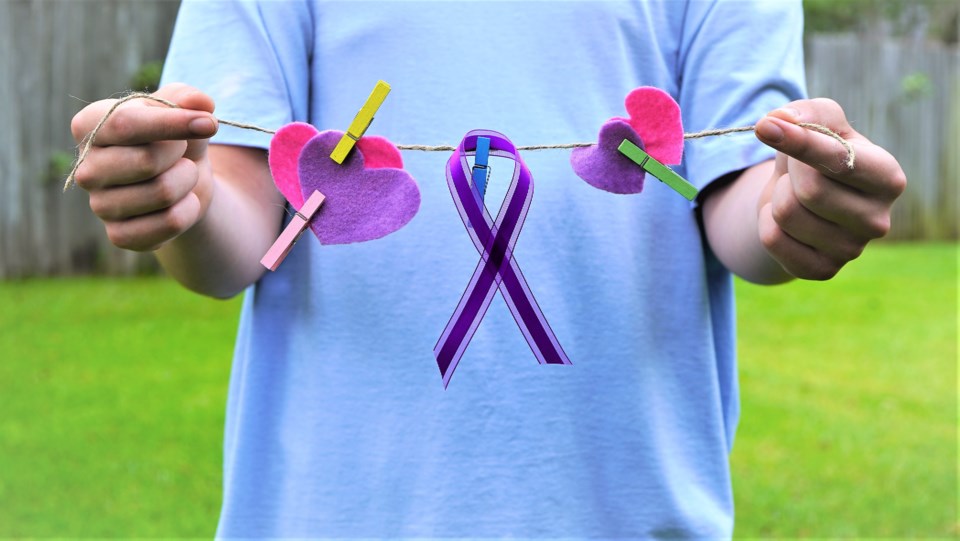There is nothing like the deafening silence on the other end of the phone line that you know is a grieving mother holding back a sob so as not to burden the listener on the other end.
But you hear the gasp anyway because she can’t swallow all the pain.
Another mother, her eyes full of a mix of rage and heartbreak, says she feels like her child was murdered, but there is no one she can hold responsible for it because he died of an overdose, not another form of violence.
There’s also no comparison to seeing someone who has overcome more than most reveal they have been called horrible, degrading names due to their addiction.
This is the sound, sights, and reality of the opioid crisis in Squamish and beyond.
This week, The Squamish Chief and all of our sister Glacier Media outlets in the province are simultaneously releasing streams of powerful stories, columns, letters, a podcast, and more.
The idea for this project, originally called The Michael Project — after the son of a reporter in our company who died from an overdose less than a year ago — came from a frustration we collectively felt as journalists and editors.
The goal of the project? To make you care.
Yes, you.
When the editors met for the first time months ago to plan this project, we asked each other why you weren’t in the streets demanding change.
Why were you OK with the body count of almost seven fellow citizens dying per day (6.9 per day in April) from this crisis?
The body count for the cumulative years 2020, 2021 and 2022 was 6,352.
Imagine if you woke up tomorrow and that many people were missing from Squamish?
We asked why the numbers were going up seven years after this was declared a public health emergency, despite the significant funds being poured into programs by various levels of government.
Journalists are responsible for giving voice to those who can’t speak for themselves.
We had to ask ourselves why the stories we were doing month after month were not moving the dial on any of this.
From that discussion, we decided to go full bore.
Give it everything we got. In The Squamish Chief this week, we have pleas from grieving mothers, insight from those on the front lines of this crisis, and from advocates who want to reduce stigma and community leaders making a difference.
We need you to care.
Because if you care, you will ask questions of the media, each other, yourselves, our community leaders, law enforcement and governments.
We can’t be OK with a crisis that is leaving so many chairs empty around our collective table — can we?

(1).png;w=120;h=80;mode=crop)



